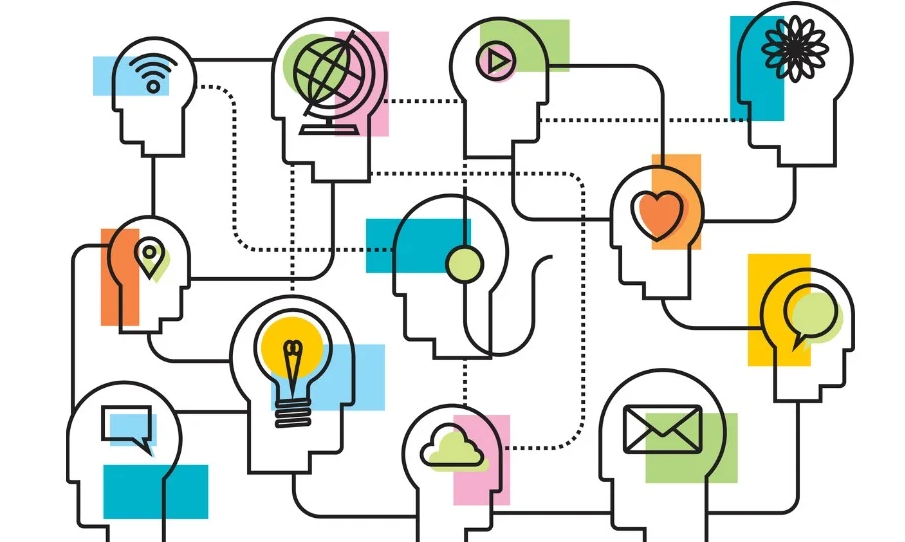
Importance of Developing Micro-Skills
MICRO-SKILLS DEFINED
Micro-skills are the fundamental building blocks of effective communication and interpersonal relationships. 🧱
They’re small, specific, and discrete techniques that, when used together, form the foundation for more complex skills like counseling, teaching, or leadership.
Micro-skills, those often-overlooked building blocks of professional excellence, play a pivotal role in every workplace.
Have you ever stopped to think about all the small, specific abilities that make you great at your job? We’re not talking about the big, flashy things you put on your resume. We’re talking about the micro-skills—those little, everyday competencies that add up to make a huge difference.
Think about it:
- Crafting the perfect email subject line that actually gets a response.
- Mastering a few key keyboard shortcuts that save you precious minutes every day.
- The magic of a well-timed “Mhm” or “I see” to show you’re really listening to someone.
- Finding exactly what you need with a precise web search.
- Knowing how to use tools like ChatGPT to get a draft written in seconds.
- Keeping your digital files so organized you can find anything instantly.
- Automating a task that used to eat up an hour of your week.
These are all examples of micro-skills. They’re the silent engines of productivity. But here’s a question for you: when was the last time your workplace offered you dedicated training to sharpen any of them?
TYPES OF MICRO-SKILLS
Let’s look at the following topic groups and the kinds of micro skill training that could be included in each: “Technology skills”, “Interpersonal skills”, and “personal development skills”.
Technology Skills Suite:
- Keyboard Shortcuts Proficiency: This skill could be a part of a broader program on increasing efficiency with software applications.
- File Organization Techniques: This could be included in a course on digital organization and productivity.
- Effective Search Skills: These skills can be combined into a program on advanced digital research and data retrieval.
- Task Automation Basics: Automation skills could be a core component of a course on streamlining workflows through technology.
- Browser Productivity Features: Maximizing the use of browser extensions and features that enhance productivity, like bookmark management, tab organization, and password management.
- Email Efficiency Tricks: Strategies for managing email overload, including setting up filters, using canned responses, and creating templates for common emails.
- Basic Data Analysis: Introduction to using simple data analysis tools to extract insights from data, even for non-analysts.
Communication and Interpersonal Skills:
- Effective Meeting Etiquette: This skill is an essential component of a comprehensive program on effective communication and collaboration.
- Active Listening Techniques: It could be part of a course on improving interpersonal skills and building better relationships.
- Professional Email Communication: Email etiquette is an integral part of communication training.
- Concise Messaging: Crafting clear and concise written or verbal communications.
- Effective Notetaking: Techniques for more efficient and organized notetaking during meetings, which can improve retention and reduce the time spent reviewing notes later.
- Virtual Meeting Optimization: Tips for more productive virtual meetings, including mastering screen sharing, muting/unmuting, and effective webcam use.
Personal Development and Well-being:
- Mindfulness and Stress Reduction: These skills can be grouped into a program focusing on employee well-being, stress management, and personal growth.
- Conflict De-escalation: Conflict resolution skills can be combined into a program on managing workplace conflicts effectively.
- Networking Basics: Networking skills are a vital component of relationship-building courses.
- Time Blocking: Time management techniques can be part of a comprehensive program on productivity and time optimization.
- Time Management Hacks: Tips for managing time more effectively, such as the Pomodoro Technique, to improve focus and productivity.
STAY AHEAD OF THE COMPETITION: CONSTANTLY DEVELOP MICRO-SKILLS
By focusing on these micro-skills, you’re not just adding another line to your resume; you’re future-proofing your career. In a world that’s changing at lightning speed, your ability to adapt, communicate clearly, and use the latest tools is what will keep you relevant and thriving. These small, powerful abilities are your personal competitive advantage, making you a more valuable asset to any team or company. It’s time to stop letting these crucial skills be an afterthought and start treating them like the career-building blocks they truly are.
This is exactly why FutureForwardPH was created. We understand that your success isn’t just about a single big degree, but about the consistent, daily improvements that make you a professional powerhouse. Our online courses are built to be practical, engaging, and focused on the micro-skills you actually use every single day. We’ve taken the guesswork out of professional development by providing a clear path to mastery, all from the comfort of your own home. With FutureForwardPH, you’re not just taking a course; you’re joining a community dedicated to continuous growth.
So, are you ready to take control of your professional journey? Don’t wait for your next performance review to realize you could be doing more. Take the first step today. Visit FutureForwardPH’s website, explore our courses, and sign up for one that speaks to you. It’s the simplest and most effective way to invest in yourself and unlock the full potential you know you have. Let’s work together to build the career you’ve always wanted—one micro-skill at a time.
FutureForwardPH
www.futureforwardph.com

Leave a Reply